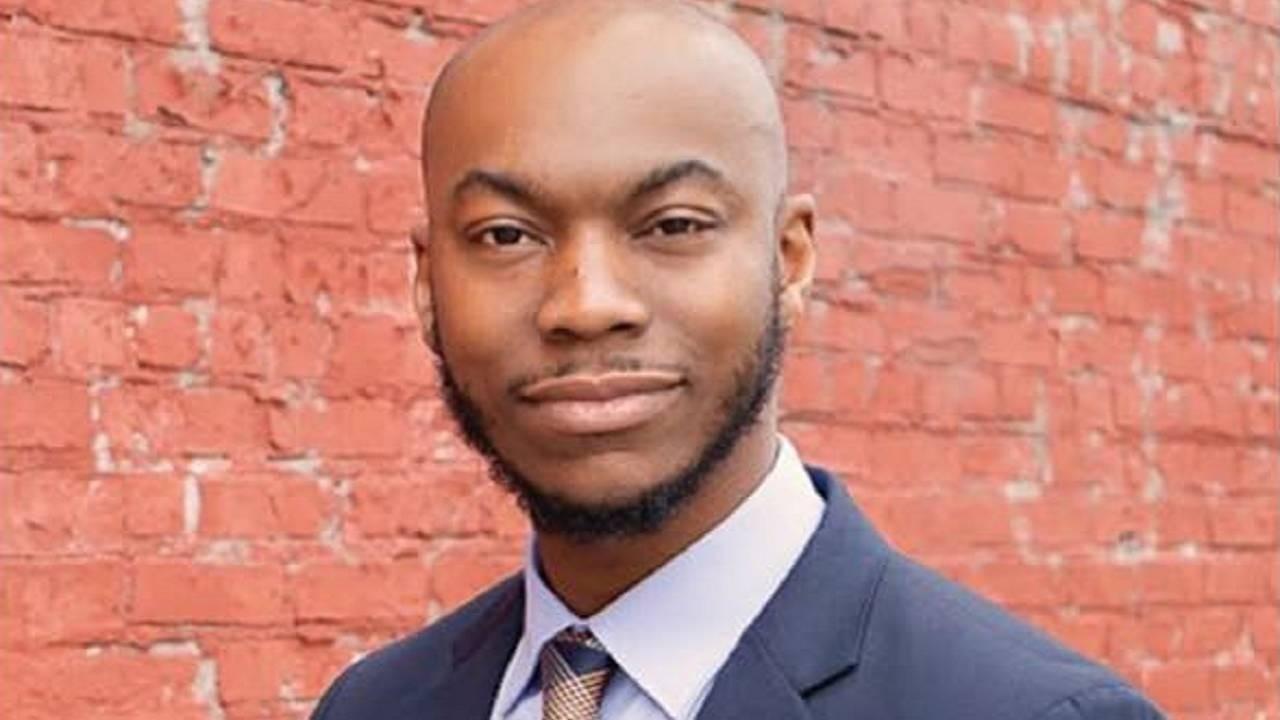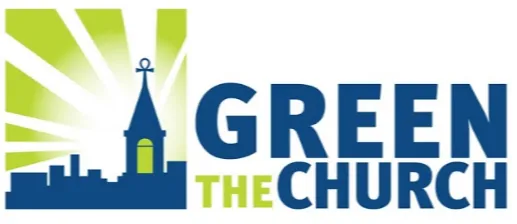
Beyond the Flames: The Black Church Preparing for a New Era of Ministry
Nov 06, 2020by Rev. Dr. Tyson-Lord Gray
Earlier this year Hulu released the original series Little Fires Everywhere. This drama follows the lives of two women, Elena Richardson played by Reese Witherspoon and Mia Warren played by Kerry Washington. Throughout the series, the women find themselves entangled in numerous challenges that culminate with Elena’s house being set on fire. When the fire department arrives, they note that they can tell the fire was set intentionally because there were “little fires everywhere”.
As an environmentalist, the timeliness of this comment could not have been more obvious. Even now, as I write this California is experiencing unprecedented due to increased global warming and climate change. Although numerous counties and communities are affected, studies have shown that poor air quality does not affect everyone equally. African American children and those living in unhealthy, high-poverty neighborhoods often disproportionately suffer from asthma, respiratory illness, and other adverse health concerns.
This year has also been one of the worst hurricane seasons in 170 years and is currently on track to break the previous record set in 2005. With a total of 26 named hurricanes billowing through coastal states and island countries, numerous low-income and minority communities have been ravaged with little to no ability to recover. These storms have left in their wake a trail of death, homelessness, property damage, and an increasingly growing population of environmental migrants.
As if this were not bad enough, for the majority of this year, the world has been plagued with a global pandemic! Due to COVID-19 millions of workers have been laid off, children have been sent home from schools, and concerns regarding infection, accessibility to healthcare, and mental health have been highest among minority communities. Again, communities of color find themselves disproportionately infected and impacted by what can best be described as “little fires everywhere.”
Of course, there is an old saying within the African American community that, “When white folks catch a cold, Black folks get pneumonia.” Perhaps then, it is more appropriate to say that for Blacks, 2020 has been a year of combustion. From fires and floods to pandemics and protests; explosions have been nonstop. Although I do not presume to know whether any of this has been intentional, I do know that even fire has benefits. In agriculture fire is used to clear land, in cooking, it is used to remove bacteria, and in smelting, fire is used to strengthen metals.
So, as little fires currently burn in African American communities across the country clearing, removing, and strengthening, the Black Church must be positioned to build from the ashes. To that end, we must be willing to create new pathways for progress, to advocate for new policies, and to embrace new practices. Our challenges are no longer merely race and racism, but they extend to issues of climate change, global warming, public health, food insecurity, animal rights, and numerous others. We must, therefore, endeavor to enlarge the umbrella of our own institutions into areas of sustainability, food security, and disaster preparedness. We must also be willing to reach across isles to build alliances with other institutions in the service of a holistic ministry. Dr. King once wrote, “An injustice anywhere is a threat to justice everywhere.” Nowhere else and never before has that proclamation been more pronounced. Therefore, in the midst of the many little fires that are currently raging, we must dare to peer beyond the flames and begin preparing to build from the ashes.

